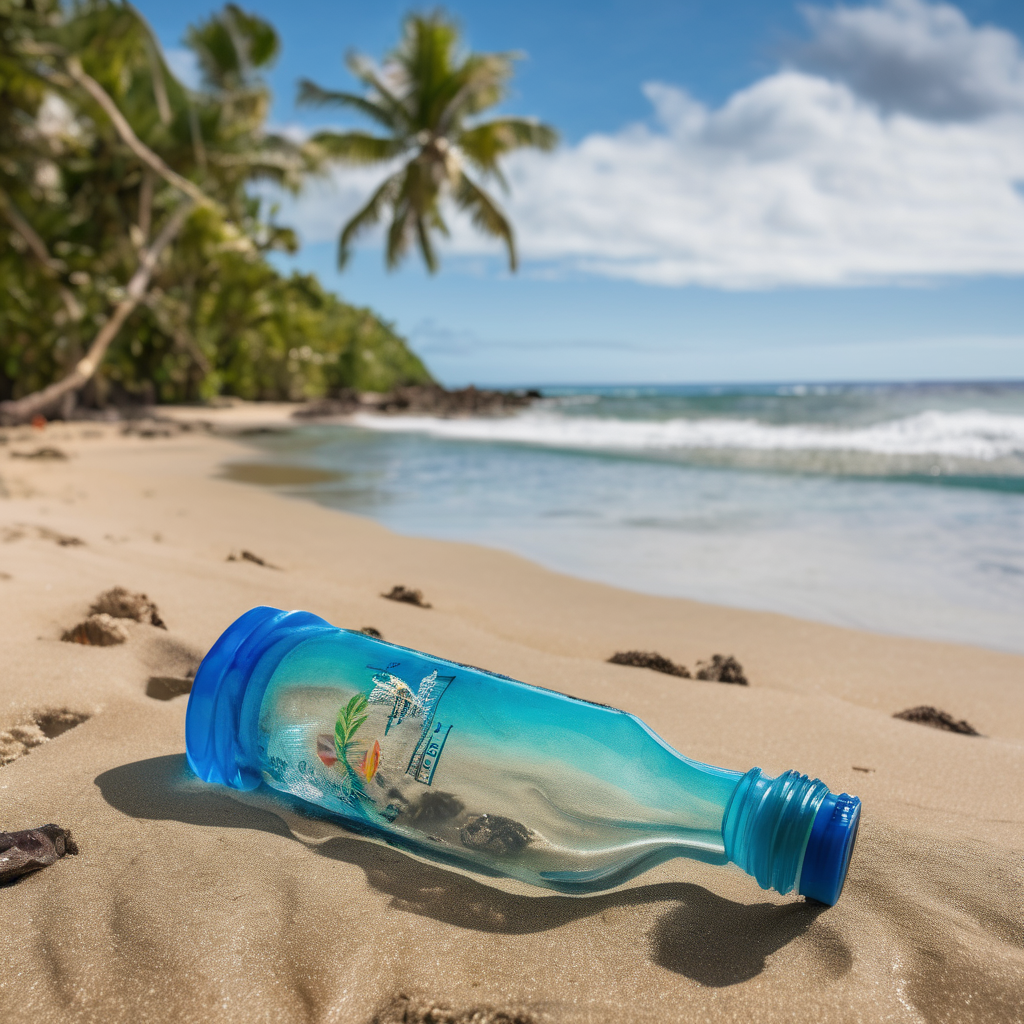Fiji is stepping up its fight against plastic pollution by accelerating the implementation of Container Deposit Regulations, confirmed by Minister for Environment and Climate Change, Mosese Bulitavu. These new regulations aim to mandate the return of beverage containers, a move designed to significantly cut pollution in waterways, enhance recycling efforts, create green jobs, and prolong the lifespan of landfills.
Bulitavu pointed out that this initiative was emphasized by the Prime Minister during Global Recycling Day last year, showcasing a solid political commitment to environmental management. He underlined that voluntary efforts from beverage companies would not be adequate, reiterating the government’s determination to enforce these mandatory regulations. The Ministry has secured funding and is working in partnership with the Secretariat of the Pacific Regional Environment Program and the UN Environment Program to update current regulations.
Starting this month, consultations will be held with both public and private sectors, bringing together stakeholders such as beverage producers, municipal councils, and community groups. The primary objective is to foster a circular economy by expanding responsibilities for various waste management, including e-waste, tires, and batteries.
Although there has been some skepticism, especially regarding Fiji’s national rubbish collection system, which Opposition MP Premila Kumar critiqued as ineffective, the initiative is regarded as a vital step towards strengthening the country’s waste management framework. Kumar noted that this effort has a long history, with discussions lasting twenty years, and stressed that successful implementation hinges on effective waste collection.
The move to establish Container Deposit Regulations aligns with ongoing efforts to tackle plastic pollution, as discussions around updating Fiji’s Litter Act and Environmental Management Act have highlighted the necessity for better plastic waste management and recycling practices. Dr. Sivendra Michael, the Permanent Secretary for Environment and Climate Change, previously mentioned that such legislation could significantly mitigate plastic waste issues.
As Fiji embarks on these innovative regulations, there is a hopeful sense of progress regarding the nation’s environmental future. With robust governmental support, community involvement, and collaborative efforts, Fiji is poised to create a cleaner and more sustainable environment for both current and future generations. These initiatives not only address pressing environmental issues but also illustrate a commitment to sustainable development and responsible environmental stewardship in this island nation.
